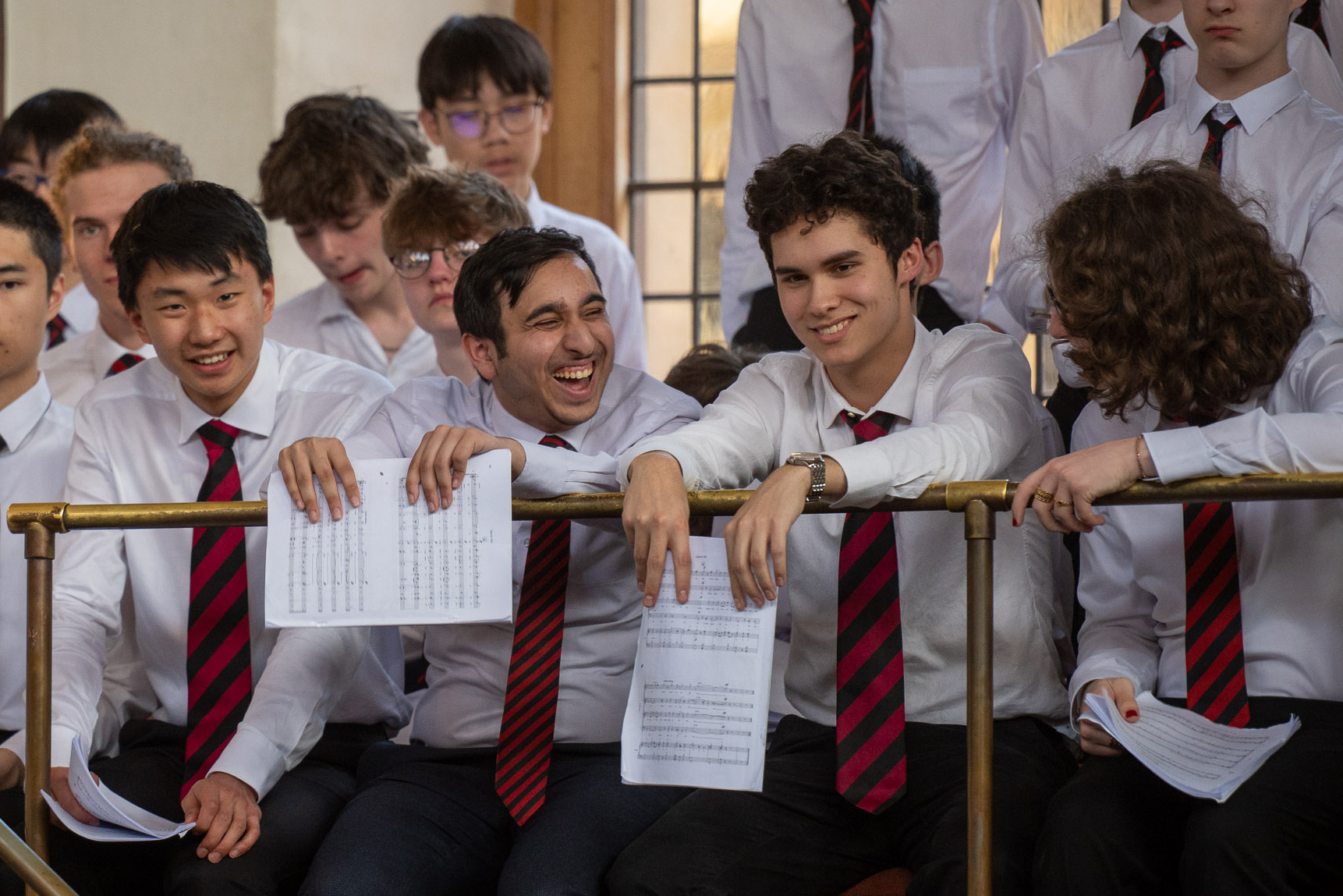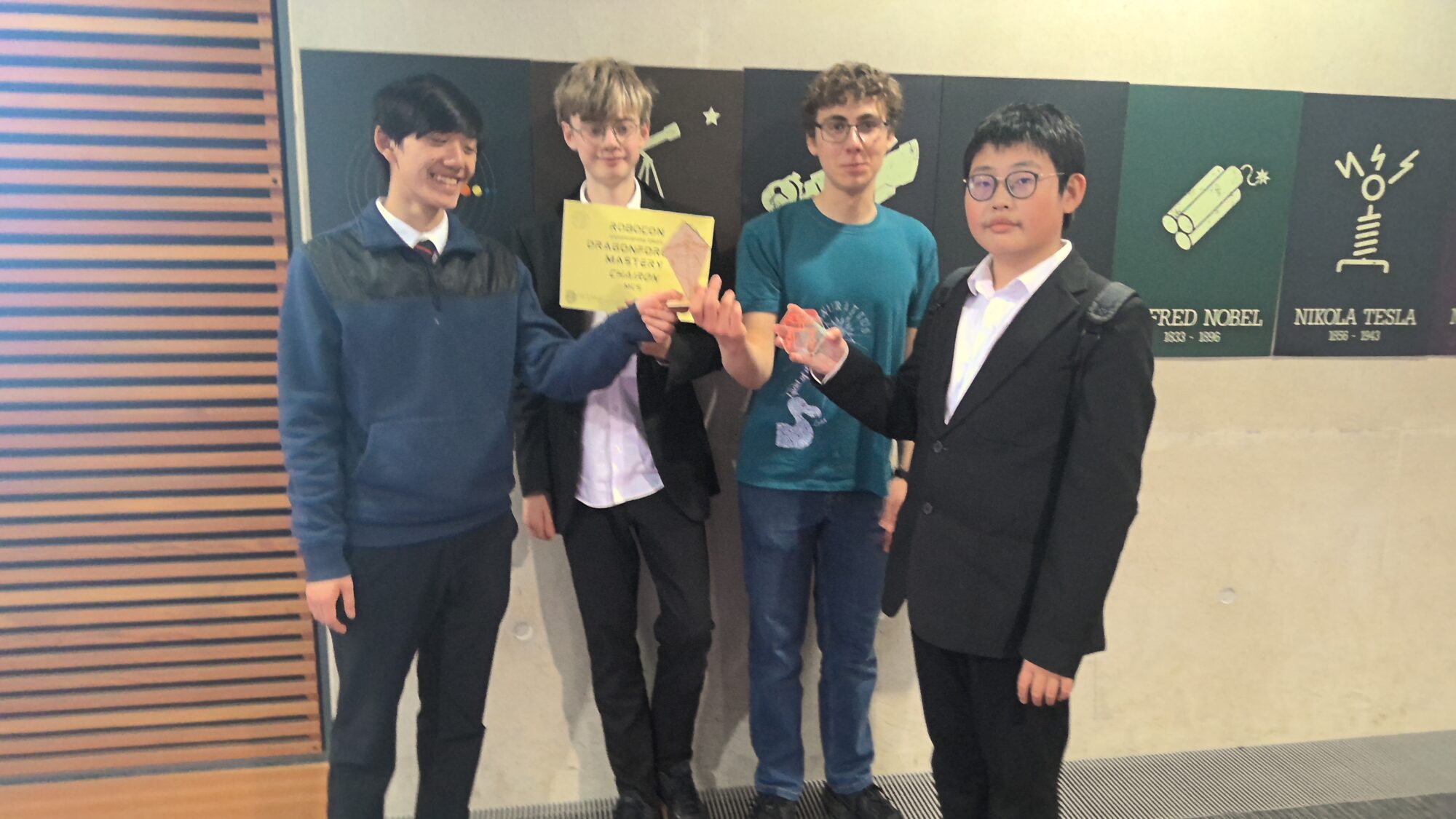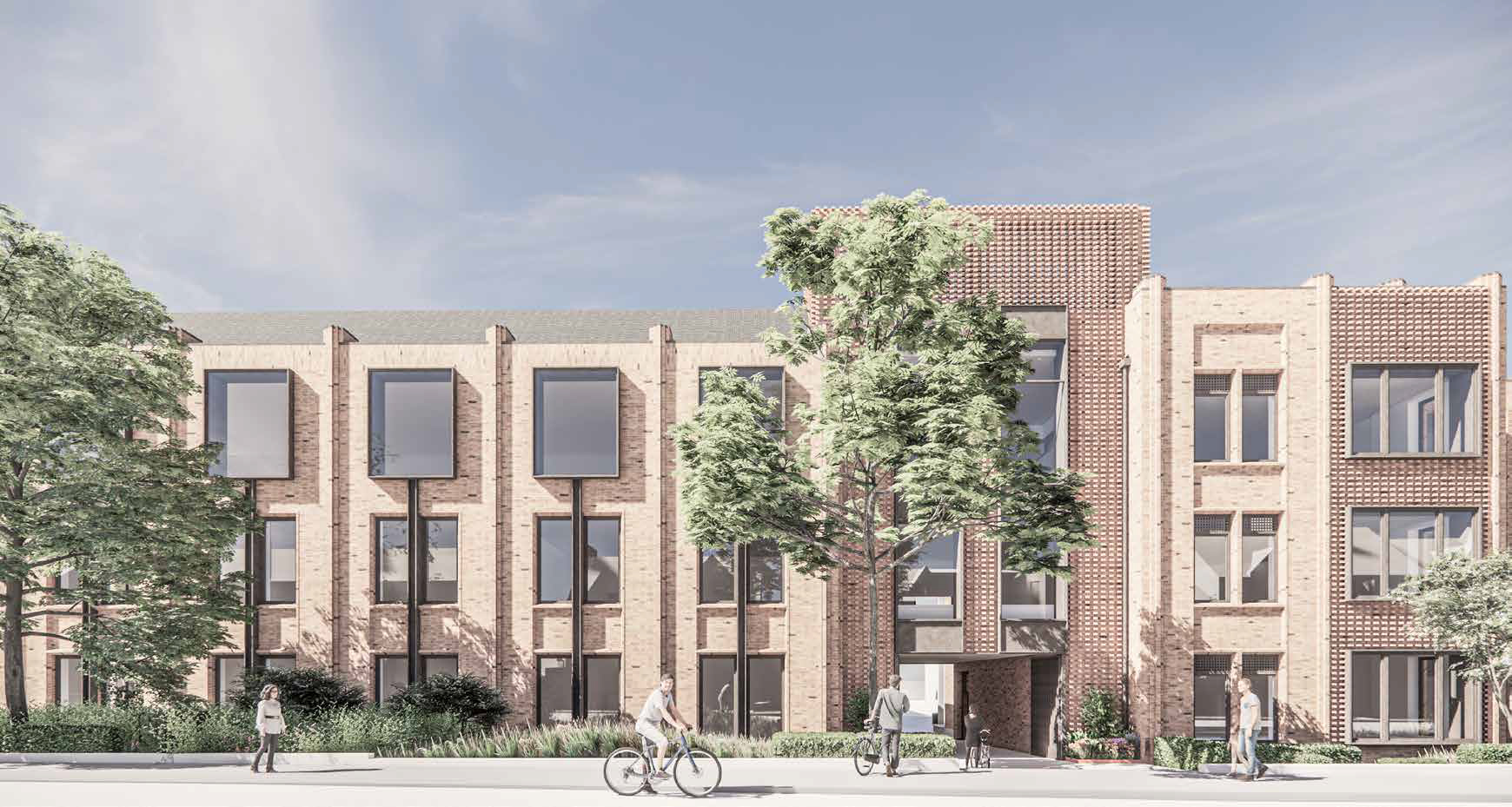Joseph (2 November 1925) and Felix (6 January 1928) were brought up in some luxury, in Brno in Czechoslovakia until 1939 when they were forced to emigrate to Britain after the Nazi invasion. Their father, Victor, was a wealthy industrialist, having inherited a factory making the equipment for an oil extraction process his father had invented and for which he had the patent. His passion, however, was music and had become quite a celebrated composer before the outbreak of war. Joe and Felix donated all his music to Brno University where it now resides in the archive. Their mother Mary, was the daughter of a wealthy Austrian banking family and had studied philosophy and English at Vienna university in the early 1900s.
At the outbreak of war, Victor and Mary were abroad on business and were advised that it would be far too dangerous for them to return to Brno. Through a series of negotiations, they arranged to hand over their business, home and possessions in return for a free passage for the boys from Brno to England. The factory foreman, an ardent Nazi, negotiated the deal. The boys were allowed to bring one suitcase or rucksack each, but Mary encouraged Felix to bring his violin too. Despite being questioned about an extra piece of luggage by customs officers at the German/Dutch border, the violin – in fact a very valuable Amati – made it to England and was immediately sold for £500, which apparently kept the family in funds for quite some time
The boys were met by their parents at Felixstowe and moved into a rented house in Hampstead. Unfortunately, it was largely destroyed by a bomb that landed next door during an air raid in 1940, after which the family moved out of London.
Neither boy spoke English when they arrived, having spoken German, Czech and some French in Brno, but picked it up at Cranbrook School in Kent, where they both went before moving on to MCS.
An abiding mystery surrounds payment of the boys’ school fees; they know that their parents were definitely unable to afford to pay and assume that a generous refugee association must have covered the cost.
Joseph
(2 November 1925 – 2014)
After leaving MCS in 1942, Joseph studied Chemistry at Balliol. His studies were interrupted in 1944 when he was called up for active service as a trainee radar engineer with the RAF Czech (‘Free Czech’) Section. He resumed his studies at Balliol in 1945, gaining a DPhil on the oxidation of free radicals in 1949.
His friendship with Hans Neumann/Newman continued through university, where Joseph played the piano and Hans the violin. They remained close friends for the rest of their lives.
Joseph’s career was as a research chemist in industry, beginning at Roche Products at Welwyn Garden City where he met Juliette Neerman, who became his wife. They later moved to Yorkshire where Joseph worked in research and development for Reckitt and Colman of Hull, later moving on to Colmans of Norwich. He was a Fellow of the Royal Society of Chemistry and continued to write articles and engage with academic research. His real passions, however, were threefold: music, mathematical challenges (including horseracing: he was banned by one bookmaker for being too successful, thanks to his winning formula), and playing bridge. He had two daughters, Barbara and Caroline, and four grandchildren whom he loved immensely.
Joseph died in 2014, aged 88.
Felix
(6 January 1928 – 11 September 2020)
Unlike his brother, Felix was more sporting than academic. He was accepted at Magdalen College to study Modern Languages after leaving MCS, but his mother decided that he was wasting everyone’s time studying languages that he had spoken since birth, particularly when there was huge demand for Oxford University places from returning soldiers. Consequently, he moved to Loughborough where he qualified in Mechanical Engineering, and played a lot of tennis.
He worked first with Urwick Orr, (one of the firms used by the US Treasury to oversee the allocation of ‘Marshall Aid’ to European Industry) and was subcontracted to Jenson and Nicholson, a large paint company, to help set up a subsidiary in Palestine , although the Arab-Israeli War intervened, and the plant was closed soon after. Felix then helped run four of the company’s Stratford factories before moving to a smaller paint manufacturing company in Buckingham, where he eventually became MD (Beaver Group).
He had other successes (and failures) as a consultant with many and diverse companies involved in property, food and sport manufacture and, notably Ruddles, a family brewery in Rutland. He finally stopped working officially at the age of 82 but continued to dispense business advice to family and friends for the rest of his life. Felix had 2 daughters and 3 grandchildren. His passions were tennis, skiing and golf.
Felix died on 11 September 2020 aged 92, having played his last game of golf only 3 weeks earlier. His ashes are to be scattered in the mountains he adored above Chamonix.
 MCS ranks among the top independent secondary schools, and in 2024 was awarded Independent School of the Year for our contribution to social mobility.
MCS ranks among the top independent secondary schools, and in 2024 was awarded Independent School of the Year for our contribution to social mobility.

 28 of our pupils achieved 10 or more 8 or 9 grades in 2024.
28 of our pupils achieved 10 or more 8 or 9 grades in 2024.
 In 2023-24, MCS received over £448,000 in donated funds.
In 2023-24, MCS received over £448,000 in donated funds.




